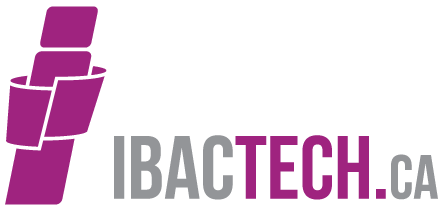Insurance Brokers Association of Canada
A Position Paper on the Use of Multiple Company Websites (Portals)
Summary: It is the position of the Insurance Brokers Association of Canada that insurance brokers should not be obligated to use stand-alone Insurer websites (portals).
Brokers work with multiple insurance companies, and when any of those Insurers establishes a stand-alone website, brokers are forced to duplicate their work in order to communicate or retrieve information.
However, serving the consumer is the broker’s primary purpose. Today’s insurance customers expect instant service from a broker—not only professional advice and advocacy, but also access to information as well as price and product comparisons from several carriers. Put simply, this expectation cannot be met effectively if the broker must query multiple websites using as many passwords and workflows as there are carriers. A redundant time-consuming workflow inherently deters good customer service and frustrates the consumer.
In addition to the evident inefficiencies, forcing brokers to access separate Insurer websites magnifies the possibility of errors or omissions, again creating problems and inconvenience for the customer, and possibly even jeopardizing his security.
Interacting with stand-alone websites diverts the broker’s time and resources from providing customer service making it less likely for a broker to be able to offer unique advice-based service which consumers value. The Insurer websites drive brokerage staff to serve the Insurer rather than the customer.
This diversion is further magnified when brokerages must build redundancy in staff training for multiple websites, to avoid service shortfalls if one critical staff member is absent or leaves.
The economics of these inefficiencies could force some independent brokers to the extreme decision of narrowing the range of Insurers with whom they work. The resultant reduced range of choices then offered within the marketplace produces an obvious and immediate disadvantage for the customer.
It is not in the consumer’s best interests, and in the long run, cannot be to the industry’s advantage, to compromise service and efficiency. Stand-alone Insurer websites prevent brokers from providing effective customer service; together brokers and Insurers must find alternative ways to meet today’s consumer expectations.
In place of stand-alone Insurer websites, IBAC recommends that all Insurers and industry software vendors dedicate their efforts to developing tools rooted in the principles of SEMCI – Single Entry Multi-Company Interface. Our industry workflows should contemplate transactions that originate from and return to a broker’s management system, are framed in CSIO standards, and require an absolute minimum of user interaction, in order to deliver maximum efficiency and enable brokers to focus on serving the consumer.







